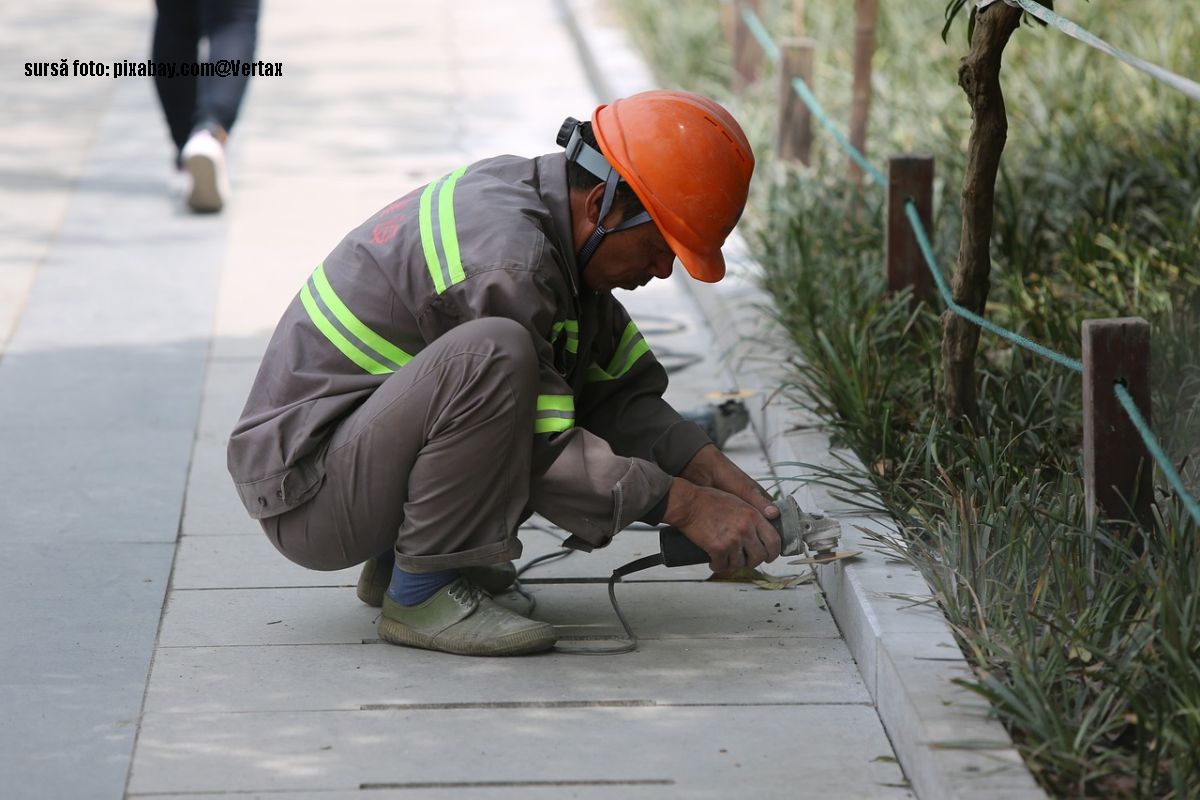The SHE Programme in Romania
SHE, for “Strong, HIV positive and Empowered Women, is a European programme initiated in 2010.

România Internațional, 21.08.2013, 13:18
Although Romania has made singificant progress in battling HIV infection, the need for information and education in this respect is still high. This is the reason why a special programme for HIV-positive women has been launched recently. The programme named SHE, for “Strong, HIV positive and Empowered Women,” is a European programme initiated in 2010 by physicians dealing in the HIV-AIDS pathology at European level, who also take care of the women infected with this virus. The programme is aimed at supporting the over 5,200 Romanian women who are HIV positive, who need education, counselling, support, equal opportunities in the labour market as well as respect from others and self esteem.
According to head of the “Matei Bals” Institute of Infectious Diseases, Professor Adrian Streinu Cercel, almost 250 thousand HIV tests are run every year in Romania, of which over 25% at the initiative of patients. Under the National AIDS Programme, launched in 1997, all patients have free access to treatment. HIV is today considered a chronic disease that can be kept under control if patients stick to the treatment, physicians say. This is probably one of the reasons why Romania has the highest survival rate in Europe. Romanian physicians recommend that all pregnant women should be screened for HIV so that, in case they test positive, they can take measures to protect their babies. According to physicians the risk of giving birth to an HIV positive baby can be ruled out completely. Adrian Streinu Cercel:
“Many years ago, in 1998, Romania’s position in this respect was very clear and it was then that we proposed that all pregnant women should be screened for HIV. The data collected along the years proved that a woman tested for HIV stands almost 100% chances to give birth to a healthy child. This is something all women should do, that is why testing is free of charge. If a pregnant HIV-positive woman does not do the test and get treatment, there are 40% chances that her child will be HIV-positive.”
Over 11,500 HIV-positive people are currently living in Romania, of whom 5,200 are women. Half of them are aged between 20 and 24, when many of them consider having a child, hence the need for such a program. Adrian Streinu Cercel:
“There are many young women, born in the late 1980s and the early 1990s, who want to live a normal life and that’s perfectly possible now, given that their life expectancy rate is currently very close to that of perfectly healthy women. In this context, the medicines that we were able to make available ever since 1995 paid off, and after the 2001 declaration in New York, where all countries convened to discuss about universal access to therapy, Romania was one of the first countries in the world to put it into practice, starting 2002. The things that the US is only implementing in 2012-2013, Romania started doing as early as 1998.”
Last year, 754 new cases of HIV/AIDS were detected in Romania, of which 213 women and 541 men. 19 children under 14 were among those infected. Eighteen of them have most likely got the infection from their mothers. Doctors claim that the infection transmission rate from mother to baby during pregnancy saw a significant decrease, down to less than 5%, one of the lowest levels in Europe.
Dr. Mariana Mardarescu from the “Matei Balş” National Institute of Infectious Diseases in Bucharest has further details:
“It is very important and equally interesting that in Romania, the number of new cases, among adults, has increased slowly. Over more than 20 years, Romania has registered a low HIV incidence and prevalence rate. At present, Romania has a large number of long-term survivors. If we take, for example, the people born between 1988 and 1990, over 8,000 people registered as HIV-positive in late 2012 benefit from specific antiretroviral therapy, of a total of 9,800 people registered in the active medical records. We are interested in controlling the phenomenon, not only in terms of treatment and medication, but also of prevention. We aim to prevent transmission, by screening pregnant women, having talks with the couple, and taking any other prophylactic measures for women in general, pregnant women and newborns, in particular. As regards the transmission ways, in most cases the infection was transmitted heterosexually. However, it is very important to know that there was an increase in the number of new HIV infection cases among drug users who inject their drugs. The incidence is higher in the case of men than women”.
Three events, to be attended by HIV-positive women from Bucharest, Constanta and Iasi, will be organised this spring, under the SHE Programme. They are aimed at raising their awareness of the issue and at setting up support groups for HIV/AIDS women. SHE units will be set up in large hospitals and clinics in the three cities, there will be local training sessions meant to better inform the medical staff involved in diagnosing, treating and monitoring HIV positive women.
At world level, there are over 34 million cases of HIV/AIDS infection, of which 30 million are adults, and 16 million are women.






























